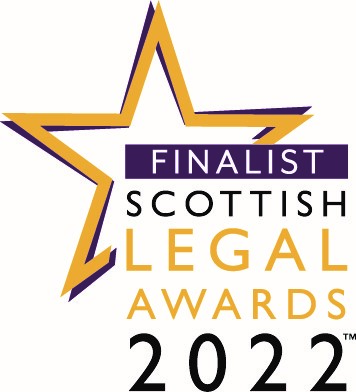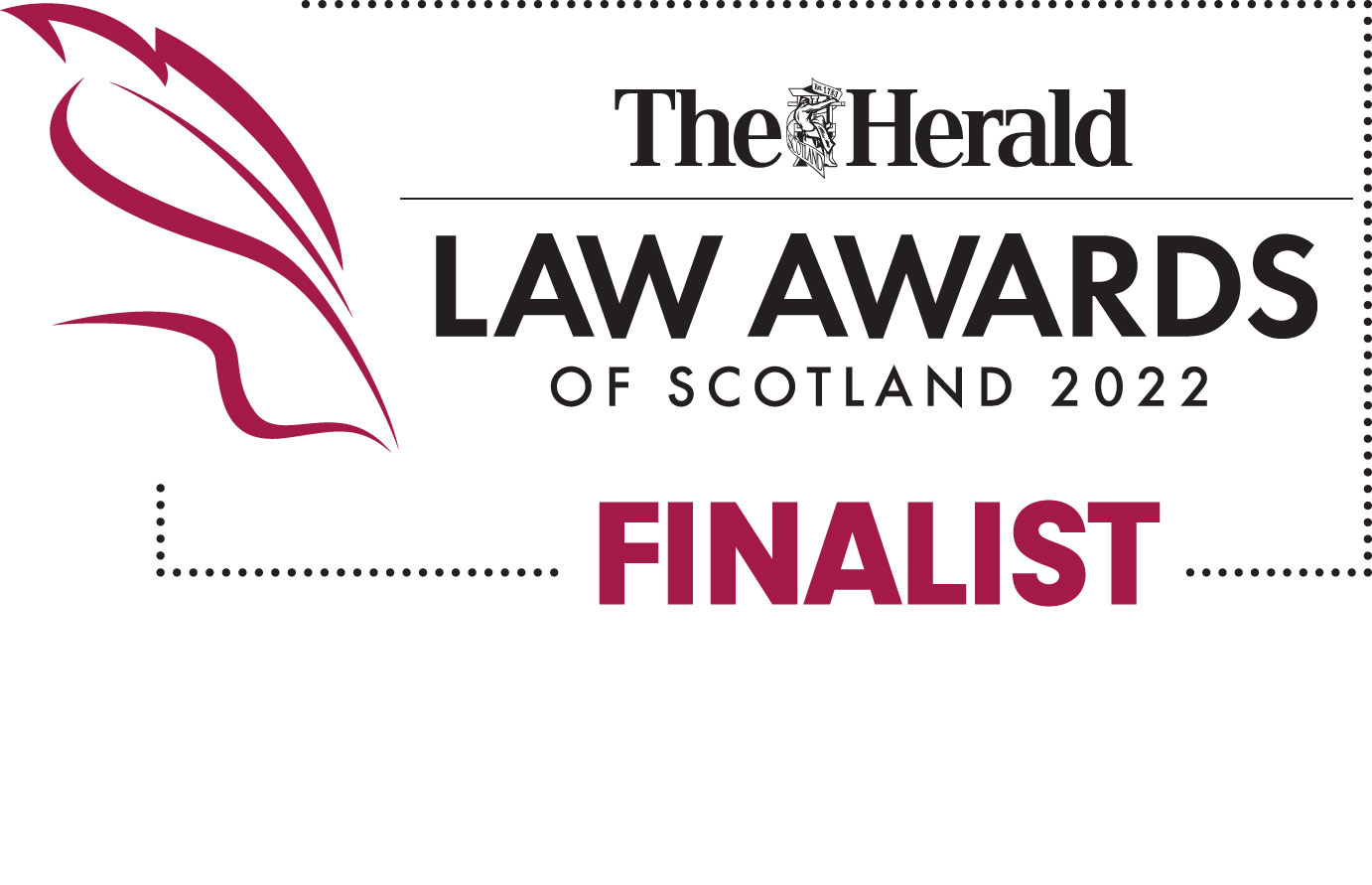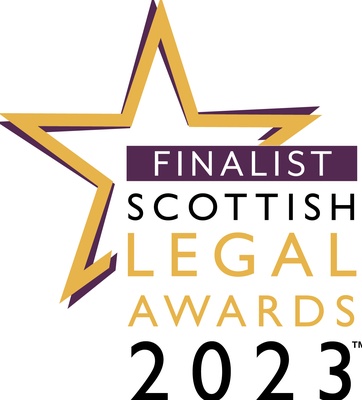Call us now: 0141 429 8166
Call us now: 0141 429 8166
Category: Private Client
When a person has not been included in the will of a parent or spouse, there are some situations where there can be a valid “challenge” to the will, but a will that is formally valid can only be challenged on certain specific grounds, namely, lack of capacity of the testator, facility and circumvention, undue influence or fraud.
For many people, there will be no such potential grounds of challenge, and in some circumstances even where potential grounds may exist, raising such an action to challenge a will is not practical, as the costs of litigation typically incur thousands of pounds in expenses. In these circumstances, a legal rights claim by a spouse or child of the deceased can still be made.
Even where there is no possibility of a legal challenge to the will, the spouses and children of a deceased person in Scotland can never be fully disinherited. When a person dies domiciled within Scotland, Scots Law protects children and spouses of a deceased person from being disinherited if they have not been provided for in the deceased’s will. Such rights of inheritance a called “legal rights” of inheritance, and extend only to spouses/civil partners and children. Grandchildren of a deceased are also capable of claiming legal rights of inheritance in their grandparents estate, but only where their parent has predeceased the grandparent.
These rights of inheritance are treated as a debt of the estate, being paid out before all other beneficiaries, and are capable of being claimed at any time for the 20 years following death.
Legal rights extend only to the net moveable property within the estate. Moveable estate includes: funds in bank accounts, cars, jewellery, stocks, shares and investments and any other asset that is not an interest in land or property. such an interest in land or property (with the exception of land owned by a partnership) is called “heritable” property and cannot be claimed upon when claiming legal rights.
A spouse or child’s legal rights entitlement will depend on whether the deceased was married and was survived by children upon their death.
Where a parent has not included a child in their Will, the value of the legal rights fund available for them to share will be either 1/2 of the net moveable property where there is no surviving spouse or 1/3 where there is a surviving spouse. The share the disinherited child will be entitled to is divisible between the number of children of the deceased and any predeceasing children who died leaving issue. Any child or children of a predeceasing child of the deceased has the right to stand in their deceased’s parent’s shoes and claim the legal rights entitlement their parent would have been entitled to.
So too, when a spouse/civil partner has not been included in a will, their entitlement to legal rights is 1/2 share of the net moveable estate if there are no surviving children, or 1/3 where there are surviving children.
The share that is left after the settlement of legal rights is called the “dead’s share” and is distributed according to the provisions of their will.
It is possible to reject a provision made for you in a will in favour of your legal rights, should your legal rights entitle you to a greater share of the estate. However, if you are provided for in a Will, by claiming your legal rights you must forfeit the provision in the will.
Upon confirmation of an intention to claim legal rights, a calculation will be provided to the claimant. The calculation will include the net values of the moveable estate together with accepted deductions from the legal rights fund. Such deductions may include: the costs of obtaining Confirmation (Scottish equivalent of Probate) which include both court fees and legal expenses, funeral costs, debts secured against moveable property and costs of valuing any moveable property.
Calculating legal rights in an estate can be a complicated matter, and whether you are an executor unsure of who can claim upon an estate, a beneficiary who has not been included in a parent or spouse’s will, or you are having to consider the option of either claiming legal rights or accepting a provision made for you in a will, it is important to obtain your own legal advice.
Our team of private client solicitors at Livingstone Brown regularly provide clients with comprehensive advice about all aspects of legal rights claims and calculations and would be happy to assist you.
Reliable, expert advice you can trust. Get in touch today










